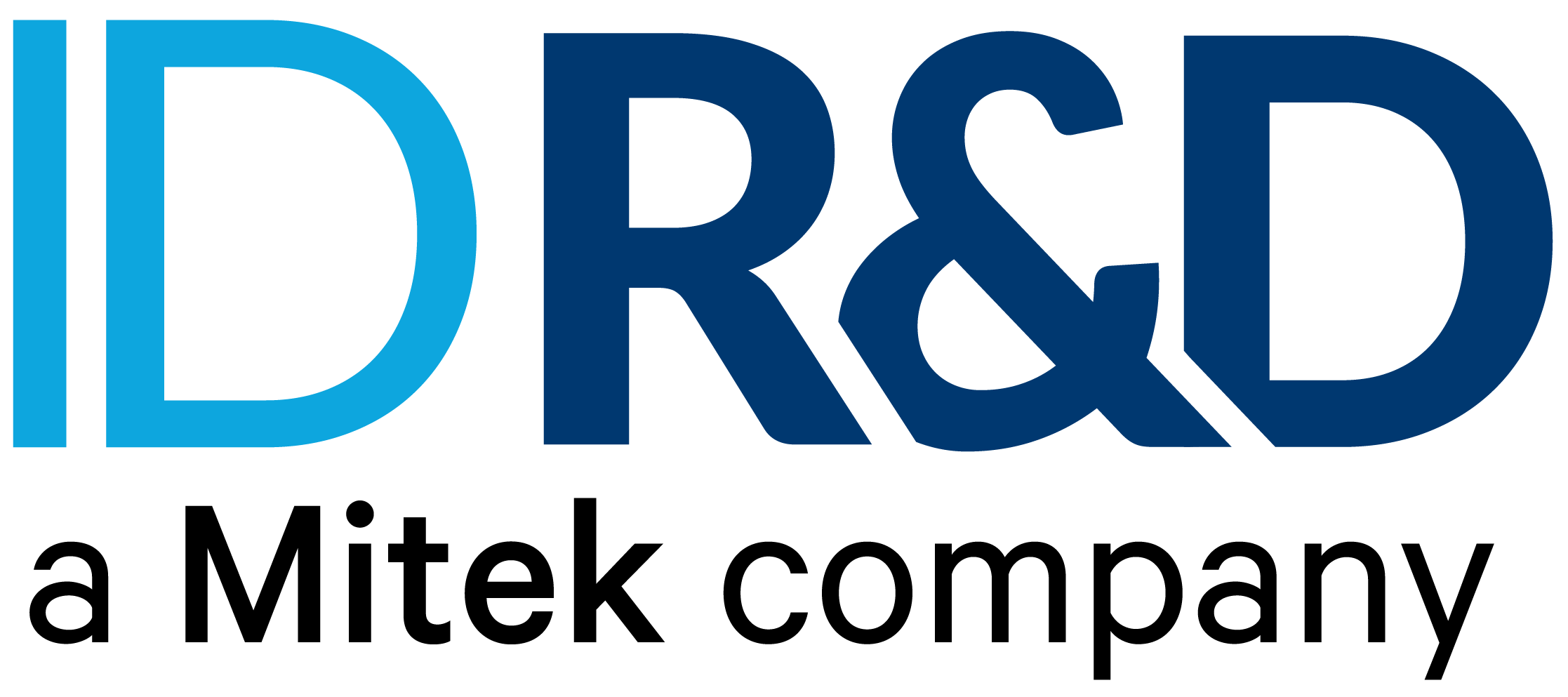In the modern era, it’s no secret that AI-driven products heavily rely on data; speech processing tasks are no exception. Access to extensive, well-labeled, and representative datasets is crucial for training highly accurate models. Recent showcases of excellence, such as the VoxSRC challenges, stand as poignant reminders of the pivotal role played by robust datasets in shaping cutting-edge advancements. Notably, ID R&D has emerged as a frontrunner, clinching the top honors in two consecutive years, a testament to our unwavering commitment to pushing the boundaries of security, contact centers, and personal assistants.
At the core of our endeavors lies the VoxTube dataset, meticulously curated to embody the essence of excellence in speaker recognition. With a keen focus on key facets, we have sculpted a repository that not only meets but exceeds the stringent demands of modern AI training:
Embracing Diversity in Data. This aims to include a wide range of speakers in the dataset to ensure diversity. The rationale is to train models that can distinguish between different speakers effectively. A greater number of speakers in the dataset enhances the model’s ability to recognize and differentiate between various voice patterns, tones, and nuances, which is crucial for achieving high accuracy in speaker recognition tasks.
Capturing Acoustic Variability. This includes capturing speakers in different acoustic environments (e.g., noisy, quiet, indoor, outdoor), different emotional states (e.g., happiness, sadness, anger) and collecting voice data over a significant period allows the dataset to reflect changes in a speaker’s voice over time. The main differentiator of this dataset compared to its predecessor is the significant period of time (years) between audio recordings of the same speaker.
Ensuring Linguistic Inclusivity. The dataset also aims to include voices from 10 different languages.





